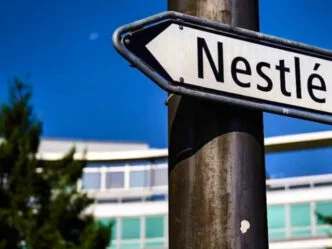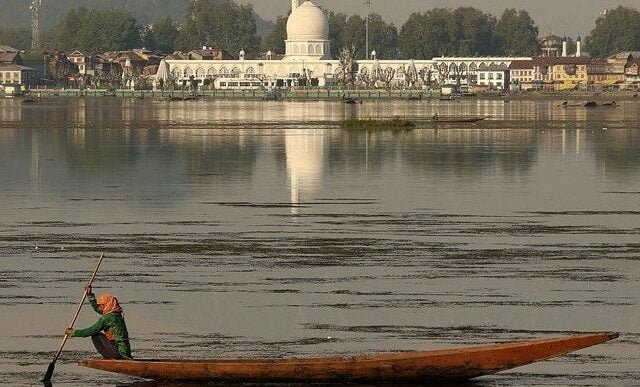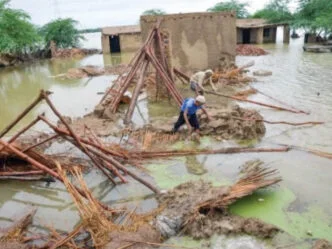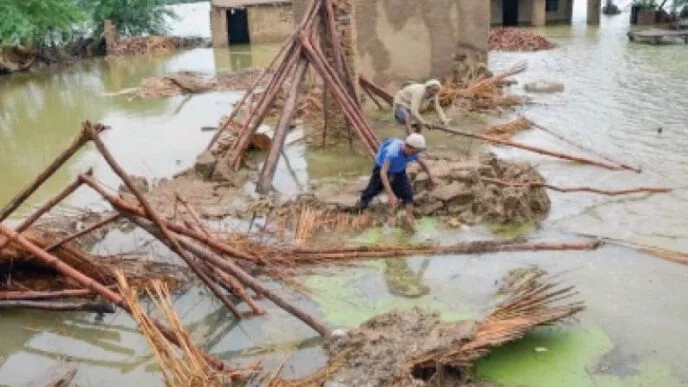Nestlé Waters has agreed to pay a $2.2 million fine to resolve criminal allegations in France related to its production of natural mineral water.
The settlement, approved on Tuesday by a judge in Epinal, eastern France, brings an end to two separate investigations focused on illegal drilling practices and consumer deception regarding the company’s water products.
As part of the judicial public interest agreement, Nestlé Waters Supply Est (NWSE), a unit of Nestlé SA, will also fund a $1.22 million ecological restoration plan to repair environmental damage caused by its operations.
Additionally, the company will pay approximately $552,000 in compensation to several environmental associations, including Foodwatch, which had filed complaints against the company.
The settlement does not include an admission of guilt by Nestlé Waters.
In its statement, the company emphasized that its mineral water production did not harm public health and that previous treatment processes had not altered the natural mineral composition of the water.
Nestlé further noted that since 2023, all its activities are in compliance with regulatory frameworks and meet the latest government directives.
However, the settlement has drawn criticism from environmental groups. Foodwatch, one of the key plaintiffs, condemned the agreement. Ingrid Kragl, fraud expert at Foodwatch, called the decision “scandalous,” arguing that it sends a message of impunity.
“Nestlé Waters can deceive consumers for years around the world and get away with it by simply pulling out the checkbook,” Kragl stated.
The case stems from concerns raised about Nestlé’s water extraction practices and claims about the purity of its bottled water.
Despite the settlement, the company maintains that its operations are now fully compliant and that no risks were posed to consumers’ health.
This agreement concludes years of legal scrutiny and allows Nestlé to move forward, although public debate over the environmental impact of large-scale bottled water production continues.













